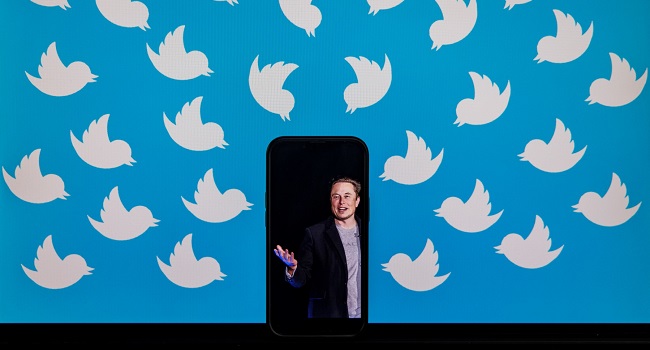After another chaotic week of mass staff departures and policy reversals, Twitter’s future seems highly uncertain, with users — and everybody else — increasingly asking one question: What would a world without the so-called bird app even look like? IgbereTV reports

With about 237 million daily visitors at the last count in late June, Twitter’s user base is still smaller than Facebook’s nearly two billion, TikTok’s one billion plus and even Snapchat’s 363 million.
But in Twitter’s 15 years of existence, the platform has become the predominant communication channel for political and government leaders, businesses, brands celebrities and news media.
Some, like New York entrepreneur Steve Cohn, are convinced the Twitterverse is only an artificial microcosm of the real world, with limited actual importance.
Twitter is “not ‘essential’ in any way,” Cohn declared — from his own Twitter account. “The world works just fine without Twitter.”
Few people actually tweet, he went on. “Almost all tweets come from (the) 1%. Most normals never log into Twitter.”
But for others, including Karen North, a professor at the University of Southern California’s Annenberg School for Communication and Journalism, the site is indispensible for bringing light to little-known conversations.
“Most of the time, people without prominence are not heard,” she said. But on Twitter, “there’s the opportunity to announce things.”
In situations of conflict, social movements or crackdowns, “Twitter I think has become the central platform for being able to disseminate the truth and the ground reality,” Charles Lister, senior fellow at the Middle East Institute in Washington, told AFP.
Like most other social networks, Twitter is also used to spread propaganda and misinformation, and the company has developed moderation tools to try to limit the worst of it.
But their ability to keep up with the demands of such a task has been thrown into question after more than two-thirds of those teams have left since Elon Musk’s controversial takeover.





